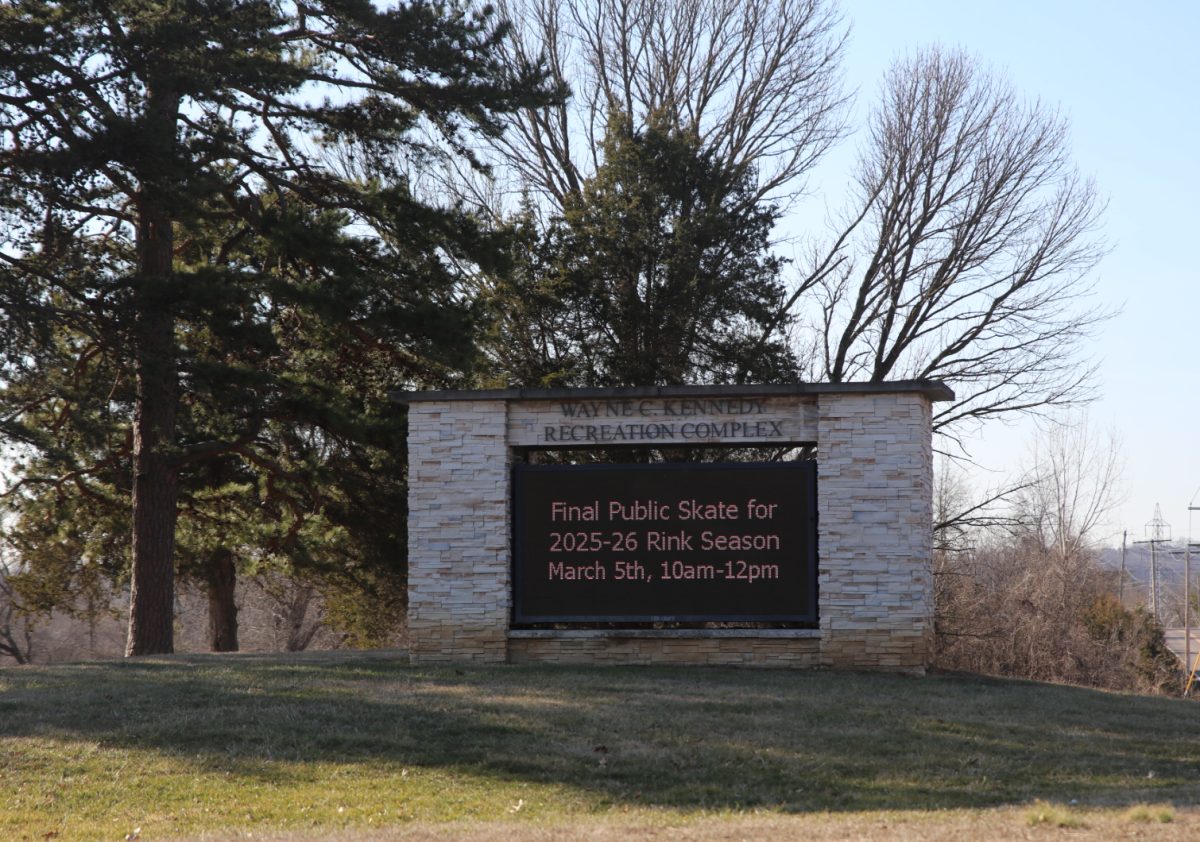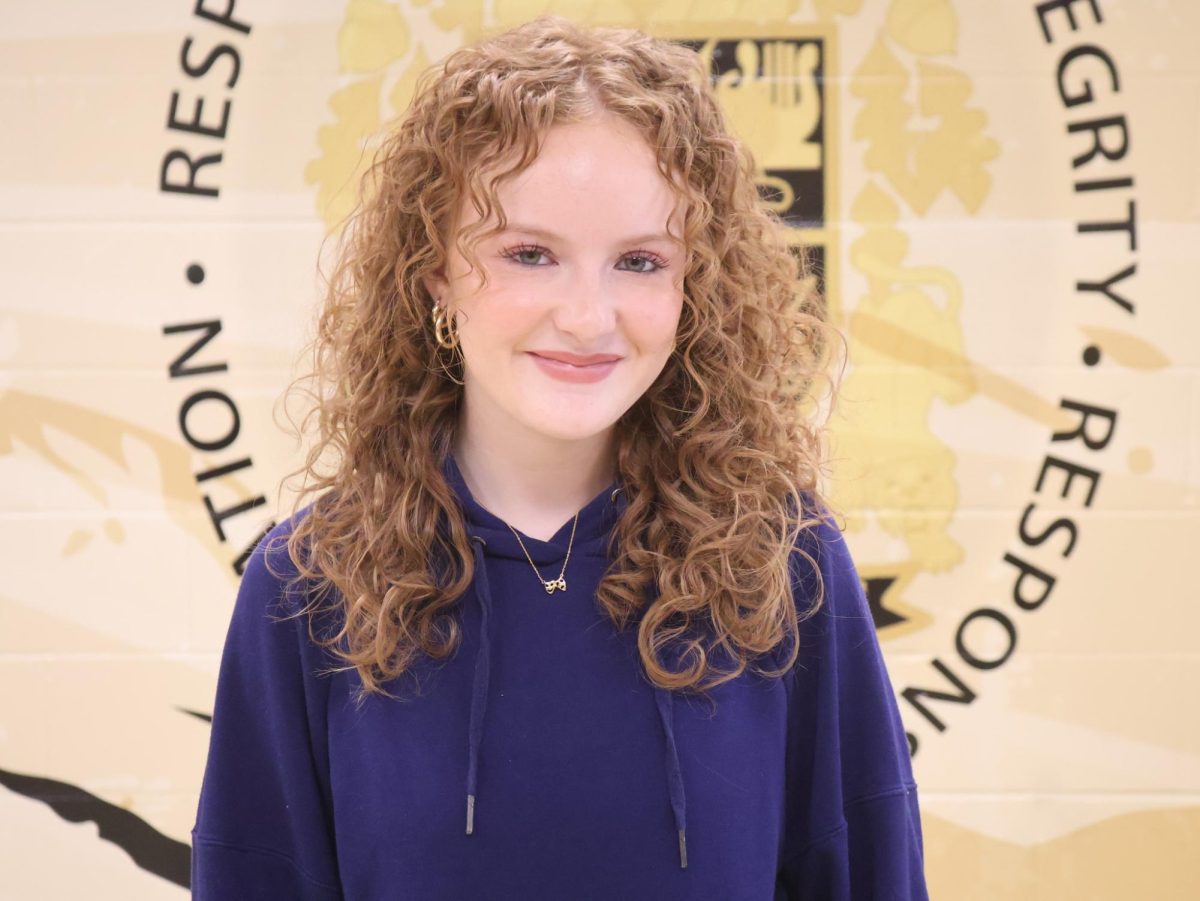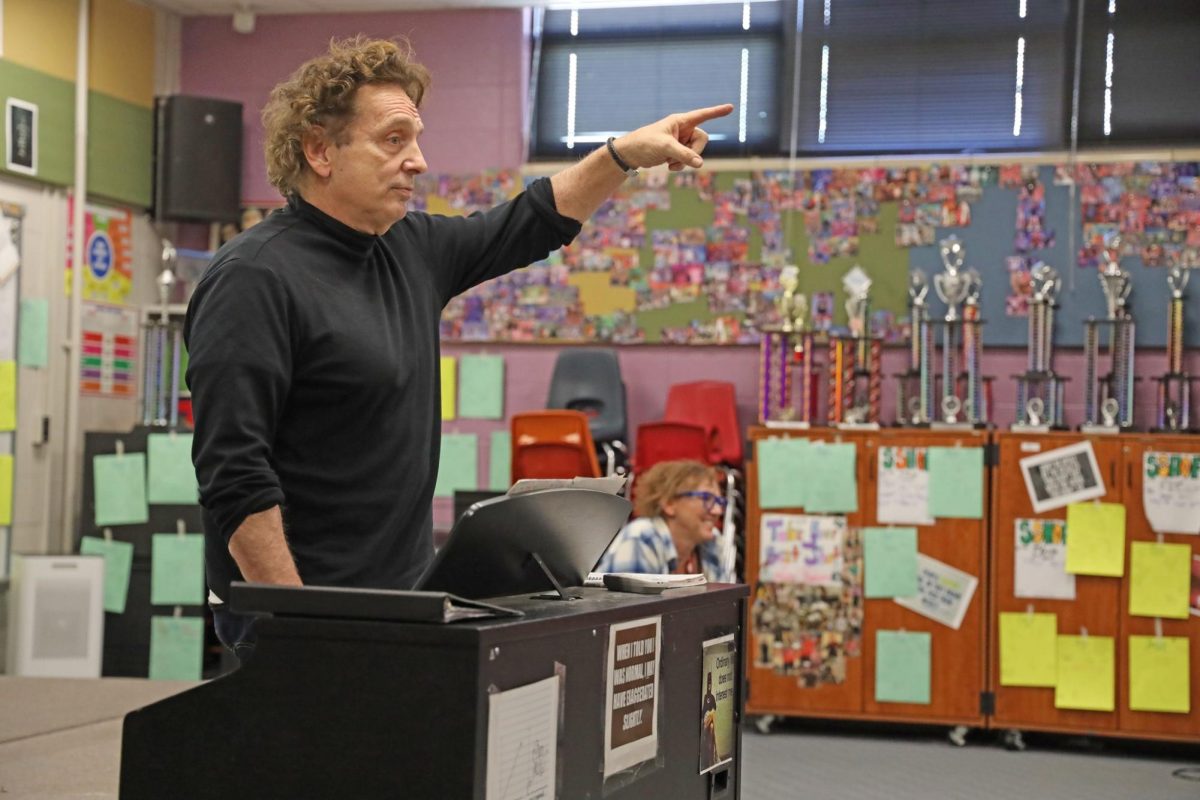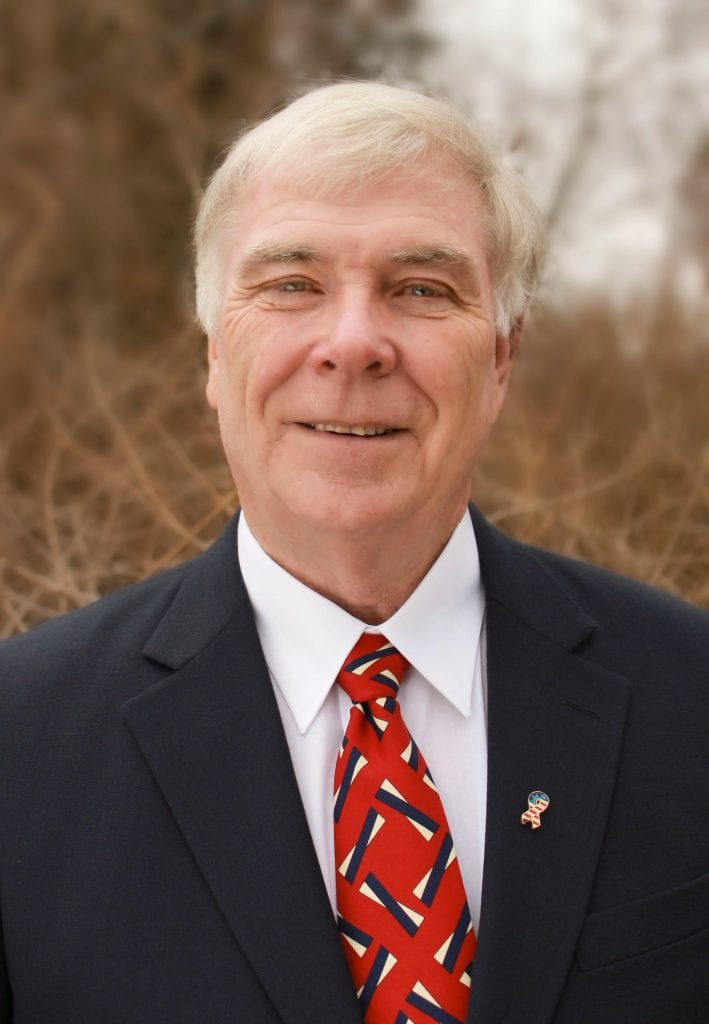State legislators representing south county are busy prioritizing the new year’s political initiatives as they wait for the gavel to fall Wednesday, Jan. 7, signaling the opening of the second regular session of the 92nd General Assembly.
Human cloning, tax relief, school busing, in-house voting and tax-hike protection for senior citizens are some of the issues area representatives are looking to push during the new session, which will last until mid-May.
Rep. Jim Lembke, R-Lemay, again will support a ban on human cloning.
“The cloning issue is the human rights issue of our day,” Lembke told the Call. “Now is the time to put safeguards in place to protect innocent life.”
Lembke, along with Rep. Jim Avery, R-Crestwood, and Rep. Pat Yaeger, D-Lemay, co-sponsored bill 209 during the 2003 session, that would have made it a Class B felony to clone another human being.
Cloning was defined in the bill as creating, by artificial alteration of its genetic composition, a human being who is genetically identical to another human being.
Lembke also will work on legislation to provide property tax relief for all St. Louis County residents.
The House passed the Missouri Homestead Preservation Act last year. If it had been enacted by the General Assembly, it would have limited increases in assessed valuation to 5 percent on primary residences owned by seniors 65 years old or older. Lembke, Avery and Rep. Walt Bivins, R-Oakville, were co-sponsors.
“This is just the first step in assisting our seniors who have given so much to our communities and ask for little in return. It’s about time we give them the relief they deserve,” Lembke said when the act was passed in the House.
The measure also had the support of other local legislators, including Rep. Sue Schoemehl, D-Oakville, Yaeger and Rep. Michael Vogt, D-Affton.
Vogt told the Call he would continue to be supportive of measures that would provide tax relief to senior citizens. Also, he is concerned that the children in his district may not receive an adequate education. Part of his legislative district is in the city.
“I intend to introduce the Neighborhood School Act next year that will provide an option to students attending public schools in the city of St. Louis,” Vogt told the Call.
He intends to offer children and parents the option to remain in a local school and not ride buses to another area.
Subdistricts would be established under his proposal that would have the “traditional” neighborhood school.
Parents could send their children to the neighborhood school or continue the practice of sending them to an outlying school district.
His proposal would “save on transportation costs, help children socially and improve their social well-being, provide youngsters with a better sense of community, and stabilize communities,” according to Vogt.
He has discussed this concept with constituents and has yet to receive any negative responses.
Vogt also intends to extend the provisions of the Downtown Economic Stimulus Act, which was passed in 2003, to unincorporated areas of the county. The act currently only benefits municipalities.
Under his bill, unincorporated areas such as Affton, Lemay, Oakville, and Mehlville would be able to take advantage of the act’s provisions.
The act would permit an unincorporated area to designate a locale as its downtown economic stimulus district and receive a portion of the sales taxes generated in that district for the purpose of community development.
Up to 5 percent of state sales tax generated in a downtown economic stimulus district, according to the act passed in 2003, could go back to the municipality creating the district.
Bivins will focus more of his attention next year on legislation that would protect senior citizens from huge increases in property taxes.
He is considering legislation that would limit actual tax increases to the Consumer Price Index for seniors with retirement incomes up to $50,000 and to limit twice the CPI for those with retirement incomes ranging from $50,000 to $100,000.
Legislation without a means test based on income will not pass the General Assembly, according to Bivins.
The House also was able to pass the Classroom Trust Fund bill in 2003. If the measure had passed the Senate, gaming revenues would have been placed into a trust fund to be distributed to school districts on a per-pupil basis.
Money from gaming currently goes into the foundation formula, which excludes such hold-harmless school districts as
Affton, Lindbergh and Mehlville. Hold-harmless districts’ state funding is frozen at 1993 levels.
When the bill was passed in the House in 2003, Schoemehl told the Call that the Mehlville School District would have received more than $2 million per year in additional revenue.
“Property tax relief will only come when our local school districts get their fair share of funding from the formula,” Lembke told the Call. “Any reform short of that end is a disservice to the taxpayers of south county.”
Bivins is proposing legislation that would modify the foundation formula by simply adding a CPI multiplier to the amount hold-harmless districts receive.
He explained that if Mehlville was receiving $770 per student per year, it would receive $793 with a CPI of 3 percent next year. If the CPI was 3.5 percent the next year, the district would receive $821.
“We need to try and do something for our hold-harmless schools,” he said.
Other legislation being considered by Bivins for 2004 is a modification of the vote requirement to pass bond issues. A supermajority currently is required. This would continue for low voter turnout elections. However, Bivins would permit bond issues to be passed with a simple majority at other times.
“I think we can get bipartisan support on this,” Bivins told the Call.
One area Democrat that would be supportive of changing the simple majority requirement is Schoemehl. Staff members at Schoemehl’s office told the Call that this bill is one of the pieces of legislation that is being worked on at this time in preparation for the 2004 session.
Schoemehl also intends to reintroduce the dental licensing bill that she and Avery co-sponsored last year, but which was not enacted.
Under the bill, the practice of dentistry across state lines would be permitted as long as the person practicing is licensed in another state and the practice is limited to the rendering of documented opinions concerning diagnosis and treatment through electronic means.
In addition, the bill would allow for the issuance of specialized licenses for dentists who have specialty licenses in other states. Dentists and dental hygienists would be required to complete continuing education requirements before license renewal, according to the proposal.








